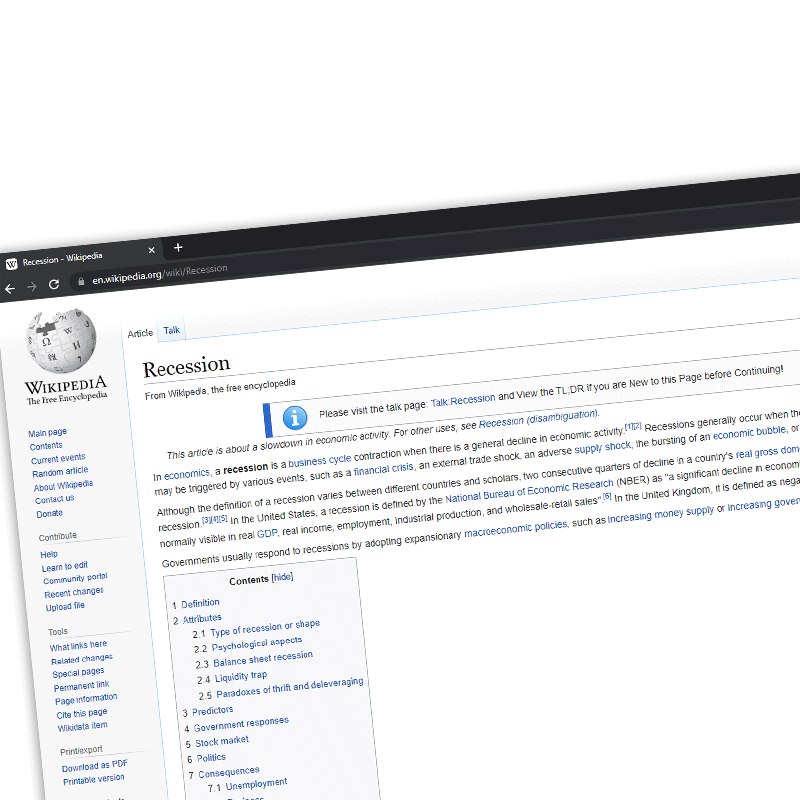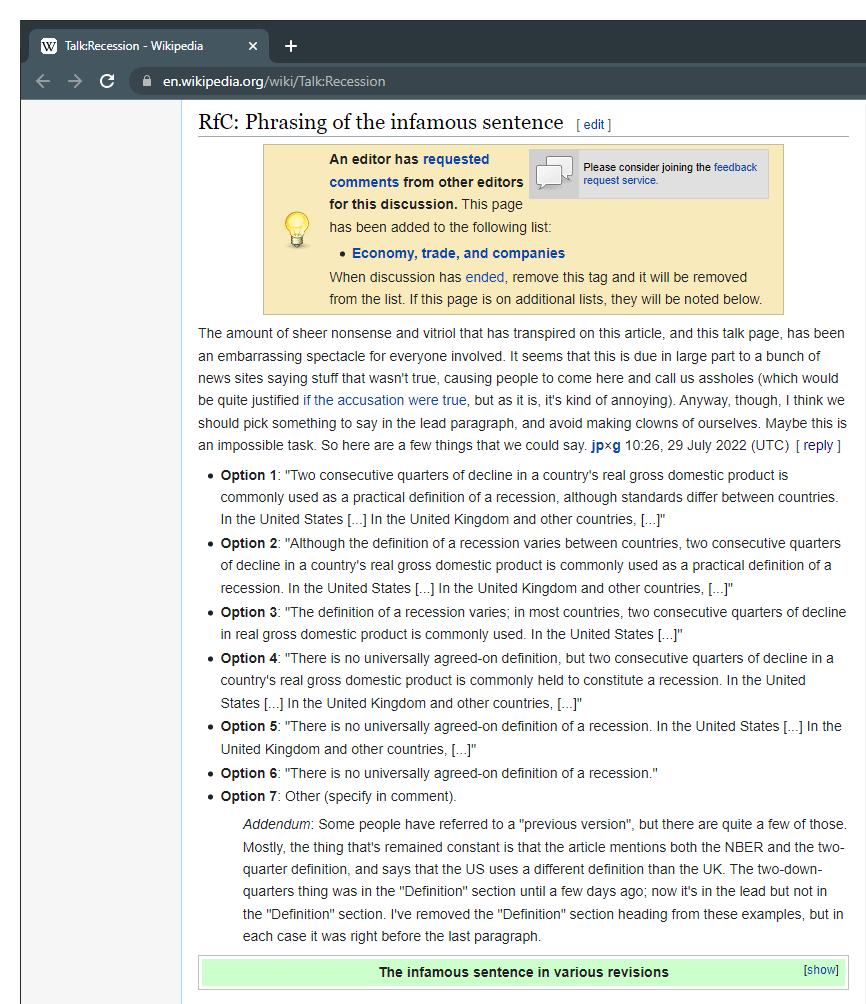
It's safe to say that Wikipedia can summarize all of known human knowledge, and the encyclopedia has live up to that fact.
Wikipedia managed to achieve that through its editing model, in which practically anyone can contribute to adding information to its vastness of knowledge. Because Wikipedia outsources its information, this allows it to become the world's most up-to-date encyclopedia, with more than 17,000 new articles every single month.
According to Wikipedia, this translates to around 1 gigabyte of compressed text added per year.
The thing is, the editing model also makes it less accurate.
Because anyone can edit the entries, Wikipedia articles are prone to vandalism and biases.
While Wikipedia has tried to address this issue, and that its reputation for accuracy has significantly improved, Wikipedia still doesn’t consider itself a reliable source.
For this reason, the Wikimedia Foundation, the non-profit organization that oversees Wikipedia, regularly explores new solutions for these shortcomings.
And this time, it is changing its editing rules on the 'Recession' page.
With the change, updates made by unregistered users or new accounts must be reviewed and accepted by an editor, before they can be made visible to normal users.
The decision follows the battle between users over the precise definition of "Recession.":
After many edits were found violating Wikipedia's policies, users were urging editors to make Wikipedia's entire less prone to vandalisms. As a work around, they urged editors to make the page “semi-protected,” in order to restrict revisions.
"Semi-protected articles can only be edited by logged-in users whose accounts are at least 4 days old and have made at least 10 edits," Wikimedia, the foundation behind Wikipedia, said in an emailed statement, saying that the policy is not uncommon for articles that receive a sudden influx of edits.
"Volunteer editors use these and other tools on a regular basis to help ensure that Wikipedia content is neutral and well-sourced."
All of these started during a dispute, when the Recession Wikipedia article said that: "According to most scholars, countries, economists and central banks, a recession refers to a period of two or more consecutive quarters of decline in a country’s real gross domestic product (real GDP)."
The problem is that in the US, a recession is not called off by the two-quarter rule, but rather by a group of eight academics at the National Bureau of Economic Research.

This led to hundreds of Wikipedia users making and reverting changes to the page, revolves around whether an economic downturn should first and foremost be defined as two quarters of falling GDP.
According to data published by the U.S. Commerce Department, gross domestic product fell at a 0.9% annualized rate in the second quarter of 2022.
That follows a 1.6% decline in the first three months of the year, adding fuel to recession fears.
To discuss this issue further, Wikipedia’s volunteer editors have created a dedicated Talk page to debate the phrasing of the definition, saying that:
"It seems that this is due in large part to a bunch of news sites saying stuff that wasn't true, causing people to come here and call us assholes (which would be quite justified if the accusation were true, but as it is, it's kind of annoying). Anyway, though, I think we should pick something to say in the lead paragraph, and avoid making clowns of ourselves."
"Maybe this is an impossible task. So here are a few things that we could say."